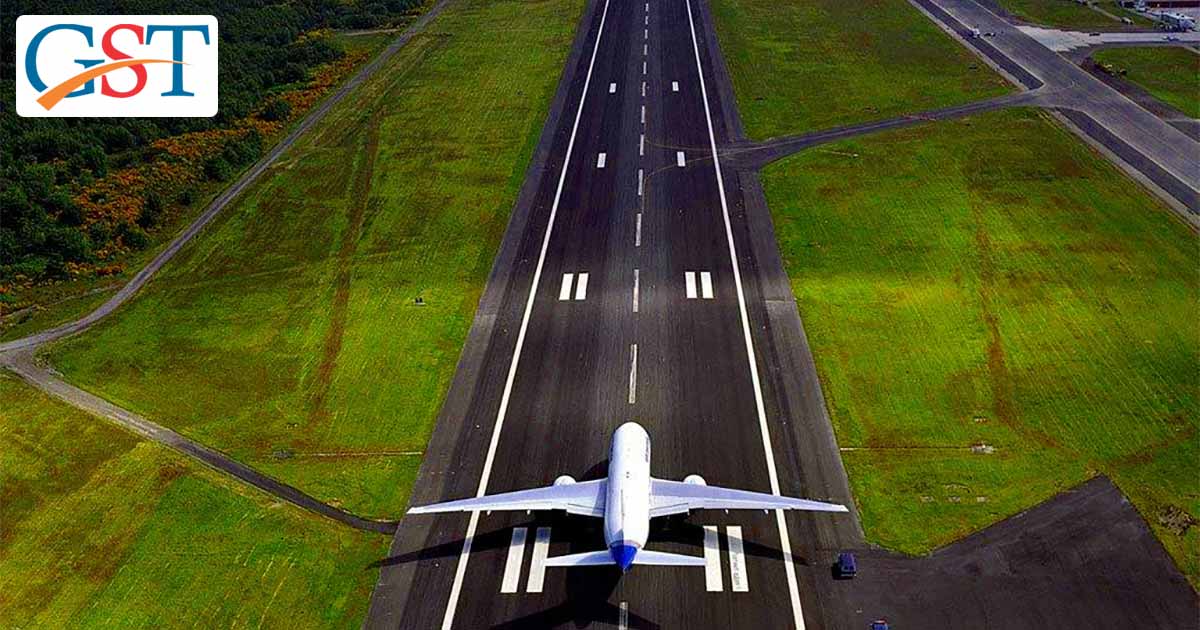Finally, with the implementation of GST last year, India embarked into a new era of indirect taxes. The response to GST by Indian industries has been a mixed bag. The industry is slowly but surely getting acquainted with the new laws and changes brought to various sectors by it.
The aviation industry is one of the most affected by GST. The growth in the industry has been noteworthy, but the road ahead for an easy implementation of GST is not going to be a smooth one.
Previously the tax on air transport was determined by taking into consideration a) the place of commencement of journey and b) continuous journey starting from India. Hence, in the previous tax regime, a journey from Pune-New York-Pune was obligated or liable for tax but a
New York -Pune-New York air journey was not taxable at all. The Government did try to keep the tax rules for aviation as similar to the previous regulations. However, a closer look at the new tax technicalities reveals some parameters of taxation in the new GST regime have been remodelled.
Under GST laws, the liable tax will be computed separately for each stage of the journey and also all the stages of a journey commencing from India would be taxable. This would result in the airlines being compelled to adopt a sector-wise pricing model and in doing so splitting up airfares for each stage of the journey. Fare splitting may be used for competitive gains.
Another concern is the airport levy charged from passengers as a part of airfare. Previously, passengers were charged for security and other services at airports by the airlines and later passed on to the airport authorities. The rights of airline services in imposing these charges has been questioned in the past. But undervaluation provision of GST all other taxes, levies, fees can be included in the value of supply. Further, the debate/confrontation worsens with the Tribunal’s denial of the authority of the airlines to tax such fees/charge.
Read Also: GST Impact on Automobile and Spare Parts Industry in India
This vagueness and conflict are not restricted to airfares only. Various auxiliary services like cancellation fees, excess baggage, etc face a similar predicament. From the time the airline has taken various stands on the issue. But till date, the problem persists.
Further adding to the vows of airlines, the global ticket reservations systems hinders the transition into new tax logic and calculations. Airlines rely on computer reservation system (CRS)/ global distribution system (GDS) for bookings and other data related work. CRS/GDS were unable to upgrade the required IT system for GST. Requests were made by the International Air Transport Association to the Ministry of Finance for possible exemptions to passenger airlines. With no clear solutions, a large number of passenger airlines are persisting with the same parameters and tax logics that were used in previous service tax regime. They have only renamed Service Tax with GST. The legality of such a seemingly fraudulent interim solution is for the authorities to decide.
The government and the airlines need to come up with a better roadmap for finalization of taxability under GST. The interim solution, for the time being, appears very dodgy and unfair.
